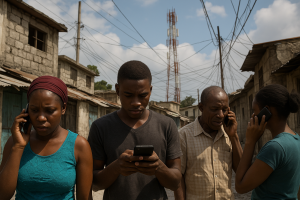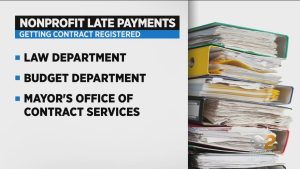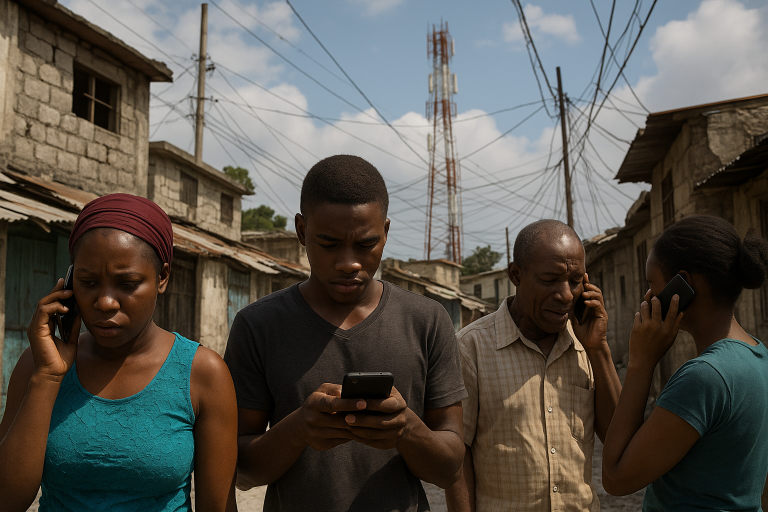What happens when a historical powerhouse meets a nation with a rich history and a volatile present? Haiti’s foreign relations with the United States are a tapestry of aid, politics, and cultural interchange, rich in history and complexity. In this insightful investigation, we will uncover the intricate processes that determine the interaction between these two countries. As you assimilate the information offered, expect to get a better grasp of the delicate dance of international diplomacy, in which one step effects the next and the song of history continues.
Foreign relations between Haiti and the United States have long been marked by a blend of cooperation, tension, and mutual interest. As two nations with distinctly different levels of power and stability, their interactions offer a rich field for analysis, evaluating the impact of foreign policy decisions, aid, and the ongoing pursuit of strategic interests.
Historical Context and Contemporary Dynamics
The historical backdrop of Haiti and U.S. relations is punctuated by periods of occupation, support, and sometimes uneasy diplomacy. From the U.S. military occupation of Haiti in the early 20th century to its role in humanitarian efforts following natural disasters, the U.S. has been a constant presence in Haitian affairs. Understanding this context is key to gauging current relations.
Presently, the ties between Haiti and the U.S. are characterized by American foreign aid and economic assistance, diplomatic interactions, and efforts to address shared concerns like drug trafficking and migration. While Haiti benefits from aid and policy support, it also faces challenges asserting its sovereignty and managing the influence exerted by its powerful partner.
The Role of Foreign Aid and Economic Assistance
U.S. foreign aid to Haiti, aimed at improving infrastructure, healthcare, and education, has been substantial. While these funds bring much-needed resources to Haiti, they also carry the risk of creating dependency. The delicate balance lies in ensuring that aid empowers Haiti towards long-term sustainability rather than short-term relief.
Moreover, the efficacy of foreign aid is often scrutinized regarding its administration and the potential for corruption. Transparent management and alignment with Haiti’s priorities are essential for the success of any assistance program.
Diplomatic and Political Considerations
Diplomacy involves navigating a labyrinth of political sensitivities. For the United States, promoting democracy and human rights in Haiti is a stated goal, and it has historically played a role in the nation’s governance through support during elections and political transitions.
However, interventions in Haiti’s political processes require a delicate approach to avoid overreach and to ensure that the promotion of democratic values does not inadvertently undermine Haiti’s autonomy. The balance between guidance and interference is a tightrope that diplomats must walk with great care.
Trade-offs and Strategic Interests
Both nations have strategic interests that guide their interactions. The U.S. is concerned with regional stability and aims to mitigate issues such as the undocumented migration that arises from Haiti’s economic challenges. Haiti, on the other hand, seeks to attract investment and support that will bolster its economy and governance structures
The trade-offs in this relationship often revolve around how much support the U.S. provides and the degree to which Haiti must align with U.S. policy objectives. Striking a balance where both nations feel their core interests are respected is a continual process of negotiation and adjustment.
When Haiti and the U.S. make decisions impacting their bilateral relationship, the consequences extend beyond the immediate. Long-term stability, development, and the welfare of citizens should take precedence. Actions taken by either nation can influence public perception, diplomatic standing, and the broader international scene.
The Path of Mutual Respect and Shared Goals
The foreign relations between Haiti and the United States exemplify the intricate interplay between a global leader and a nation striving for stability. Moving forward, the hope lies in fostering a relationship built on mutual respect, shared goals, and a commitment to policies that serve not just the interests of each country but also the broader humanitarian principles they stand for.












Add a comment